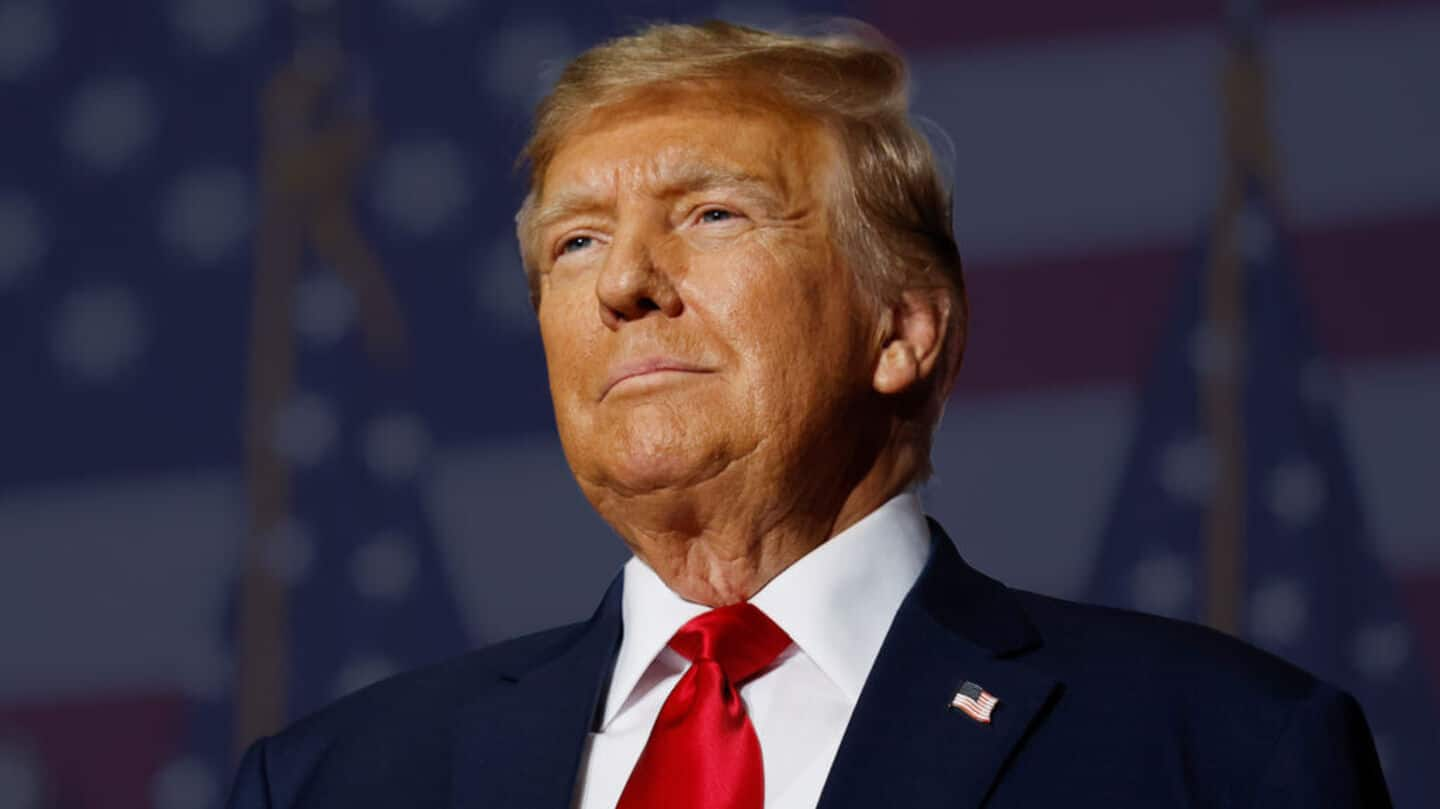
Trump says US-India deal with 'much less tariffs' coming soon
What's the story
United States President Donald Trump has expressed optimism about an impending trade deal with India. Speaking to reporters, he said the agreement would involve "much less tariffs" and allow both countries to compete better. "I think we are going to have a deal with India," Trump said, adding that it would be "a different kind of a deal."
Twitter Post
Trump on possibility of forthcoming deal
#WATCH | On trade deals with India, US President Donald Trump says, "I think we are going to have a deal with India. And that is going to be a different kind of a deal. It is going to be a deal where we are able to go in and compete. Right now, India does not accept anybody in. I… pic.twitter.com/6c199NGm8B
— ANI (@ANI) July 1, 2025
Trade negotiations
India-US negotiating bilateral trade agreement ahead of July 9 deadline
India and the United States are currently negotiating a Bilateral Trade Agreement (BTA) with a critical July 9 deadline. This comes after a 90-day suspension of tariff escalations. India has taken a tougher stance on agricultural issues during these high-stakes trade talks, government sources confirmed. The Indian delegation, headed by Chief Negotiator and Commerce Secretary Rajesh Agrawal, has extended its stay in Washington to finalize an interim agreement before the deadline.
Tariff threat
Negotiations extend as countries seek to avoid tariff reimposition
The extension of these negotiations comes as both countries face the possible reimposition of suspended 26% reciprocal tariffs. These tariffs were first imposed on April 2 and were paused for 90 days. Without a new agreement, they are likely to resume automatically. "Failure in these negotiations will trigger the immediate reinstatement of the 26% tariff structure," a senior official told ANI.
Agricultural negotiations
India's sensitive farming landscape
India's tough stance on agriculture is due to its politically sensitive farming landscape, which is populated by small-scale subsistence farmers. The country has never opened its dairy sector to foreign companies under any previous free trade agreement, and it appears unwilling to do so now under US pressure. Meanwhile, the US is seeking lower duties on agricultural products such as apples, tree nuts, and genetically modified crops.
Trade demands
India's demands from the negotiations
While the US is pushing for lower duties on its agricultural exports, India is demanding preferential access for its labor-intensive exports. These include textiles and garments, gems and jewelry, and leather products, as well as agricultural goods like shrimp, oilseeds, grapes, and bananas. The long-term goal of these negotiations is to more than double bilateral trade from $191 billion to $500 billion by 2030.